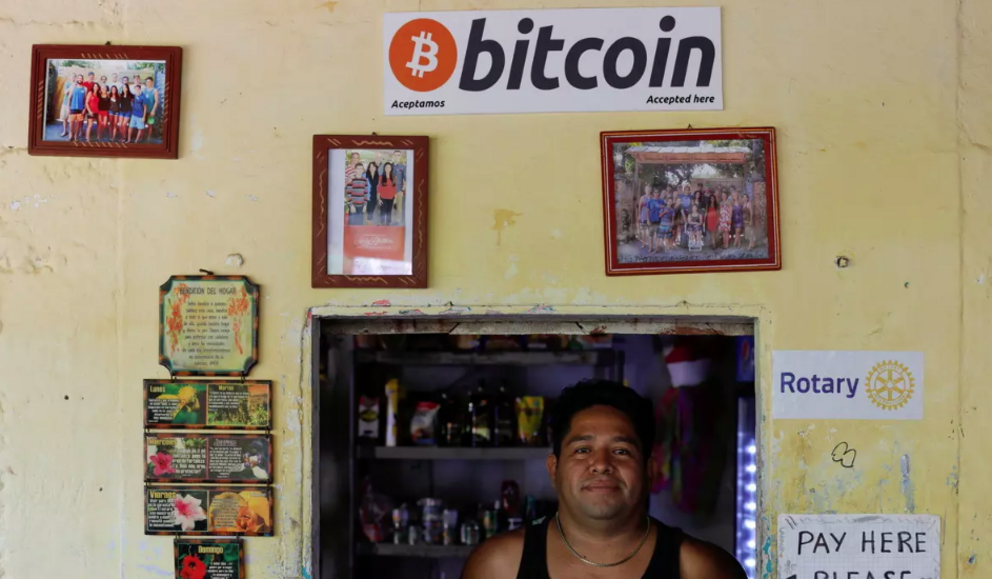WEF plan to decentralize finance and transform business services
How decentralized finance will transform business financial services – especially for SMEs
For smaller businesses in developing markets, decentralized finance offers a more suitable system than traditional banking
- Decentralized finance (DeFi) is emerging as a tool for smaller businesses in developing markets, particularly for remittances and small loans;
- The transaction banking industry is beginning to see DeFi's potential to overhaul the inflexibility of present processes;
- Uptake of DeFi in transaction banking could open up new capital opportunities for larger companies and increase liquidity for SMEs.
Decentralized finance had a resurgence last summer. Cryptocurrencies like bitcoin and ether are now becoming more widely accepted for payments and USD Coin (USDC) has made significant progress towards being an asset that will maintain its value without future depreciation.
At the same time, the blockchain technology that underlies cryptocurrency and its supporting financial infrastructure are on their way to offering a system of financial rails in parallel to – and connected with – traditional financial infrastructure.
Have you read?
- Our community is helping central banks to use blockchain responsibly
- How blockchain and cryptocurrencies can help build a greener future
- How blockchain technology is fixing payments today and what comes next
Both Coinbase and Compound Treasury have released USDC-based loans that guarantee at least a 4% yield (far higher than traditional products of a similar risk), and smaller platforms are offering cross-border access to capital with rates that are far more variable but would be unavailable otherwise. So far, this growth in loan products has come from the retail sector: individuals holding and trading crypto-assets for personal use. Banks such as Morgan Stanley and US Bank now offer crypto-products for their wealth management clients. But what about businesses?
Since its inception, DeFi – literally decentralized finance or blockchain-based forms of finance that do not rely on centralized intermediaries such as banks – has been adopted to some extent by smaller businesses in developing markets whose needs are unmet by the traditional banking system. For example, some businesses use payment companies like BitPesa in Africa, Tranglo in ASEAN and the major DeFi exchanges to either make direct payments or convert payment amounts to USD-backed stablecoin for cross-border remittance.
For the rest of this article please go to source link below.

